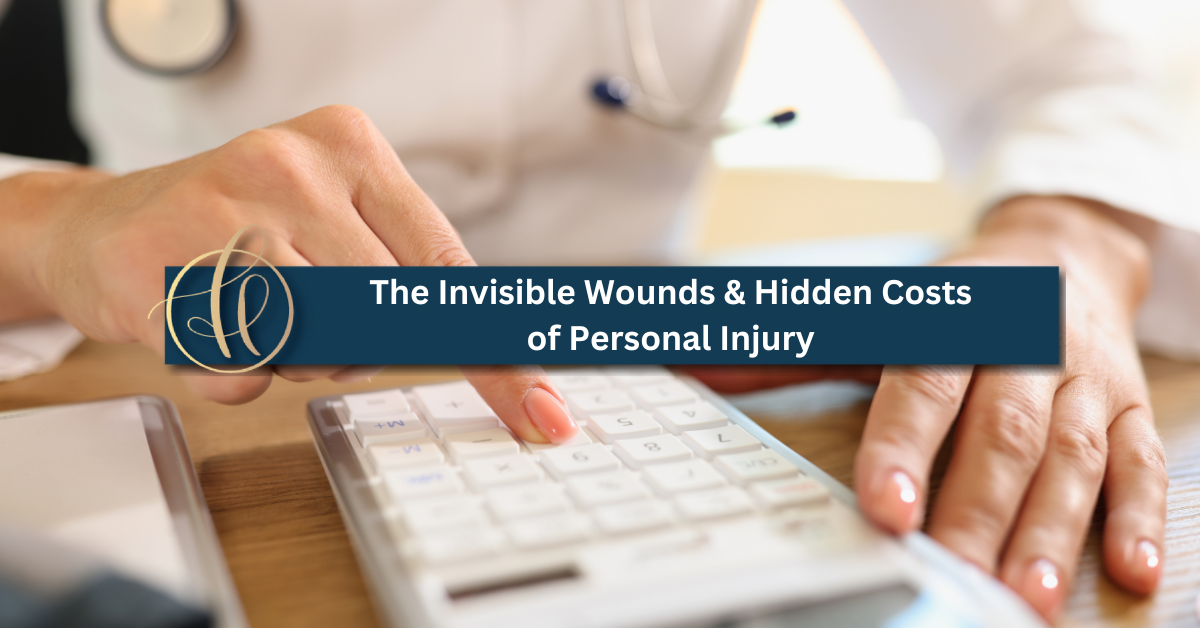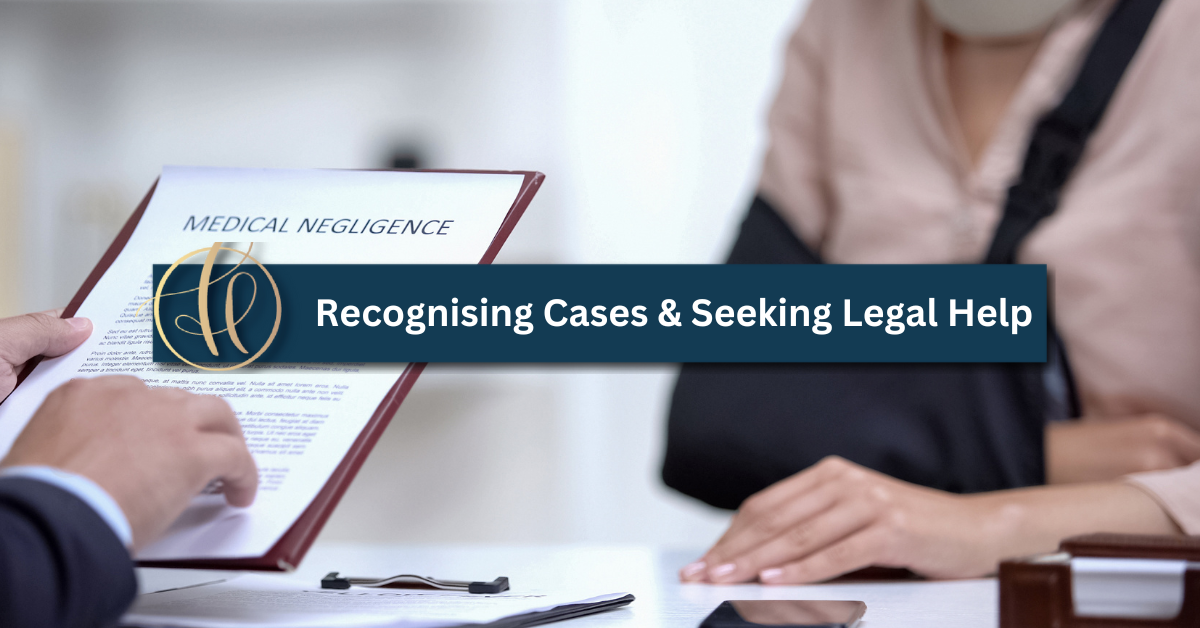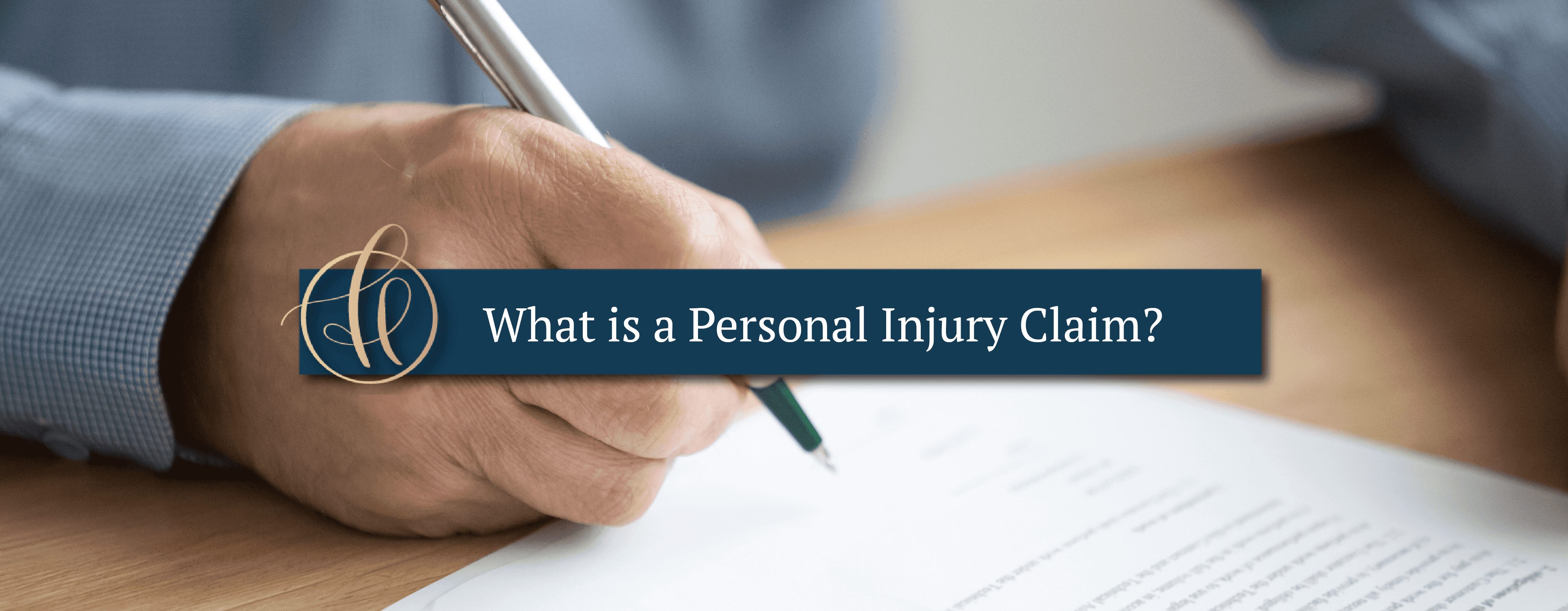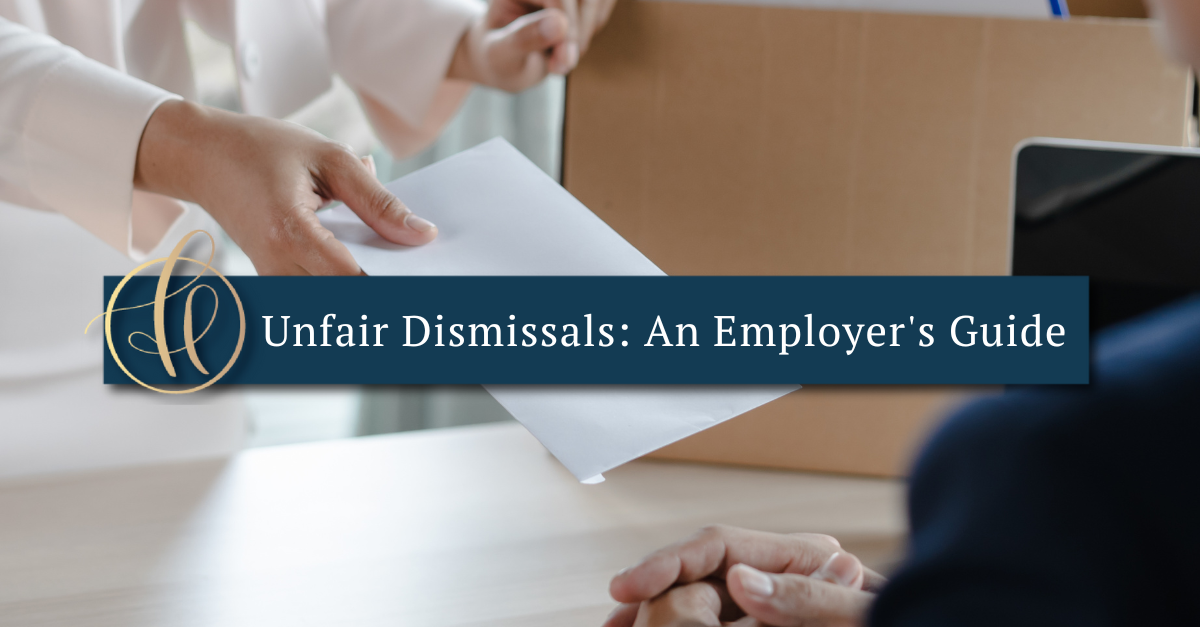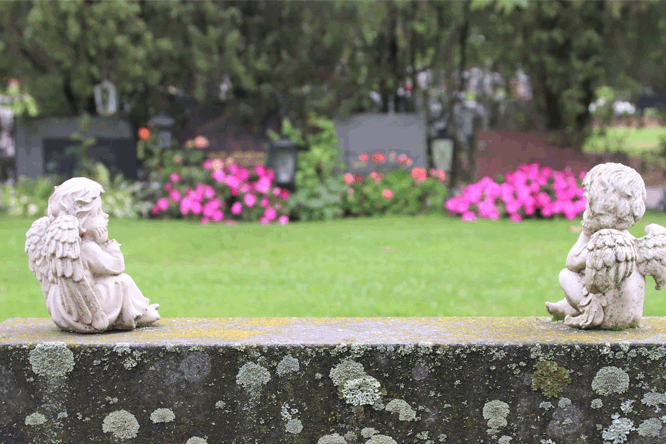When we think of personal injury, images of physical wounds and medical treatments instantly come to mind. Yet, hidden beneath the surface, the psychological impact lingers, often going unnoticed and untreated. These psychological effects, coupled with hidden financial costs, can create a vortex of stress and uncertainty for victims.
At Martin A. Harvey & Co., we recognise the magnitude of these challenges and the necessity of addressing them head-on. This comprehensive exploration sheds light on the psychological aftermath and the less obvious financial implications of personal injuries, advocating for a recovery process that acknowledges the full extent of a victim’s experience.
The Hidden Costs of Personal Injuries:
Understanding the Psychological Aftermath:
After a personal injury, the journey to recovery extends beyond physical healing. Victims often experience various psychological responses, including anxiety, depression, post-traumatic stress disorder (PTSD) as well as a profound sense of loss. These emotional responses can disrupt daily life, relationships, and the ability to work, casting long shadows over the recovery process.
Recognising the Signs:
Identifying the psychological effects of personal injury can be difficult as they often manifest subtly and gradually. Symptoms can include persistent sadness, changes in sleep patterns, irritability, withdrawal from social interactions and a loss of interest in previously enjoyed activities. Recognising these signs early is crucial for seeking appropriate care and support.
Navigating the Financial Quagmire:
Beyond the psychological toll, personal injuries unleash a cascade of hidden financial burdens on victims and their families. Medical bills, including hospital costs, for physical and psychological treatment can accumulate rapidly, compounded by the loss of income if the individual is unable to work. The cost of rehabilitation, potential home modifications for severe injuries, and long-term therapy or counselling can strain personal finances to the breaking point.
The Impact on Daily Life:
The psychological toll of personal injury can impact every corner of a victim’s life. It can transform routine tasks into daunting challenges, strain personal relationships and hinder professional ambitions. Moreover, the financial burden of seeking psychological support can add to the stress, creating a cycle that’s hard to break without proper assistance.
The Broader Economic Impact:
The financial strain of personal injury extends beyond immediate costs. Victims may face reduced earning potential, career setbacks or even job loss. Furthermore, the pursuit of mental health support and rehabilitation often necessitates substantial costs, not all of which is covered by insurance or compensation packages. The economic ripple effects can impact a victim’s quality of life for years after the injury occurs.
Navigating the Path to Recovery:
Recovery from the psychological impact of personal injury is a journey, one that requires patience, support, and professional guidance. At Martin A. Harvey & Co., we advocate for a holistic approach to personal injury claims, including compensation for psychological and physical rehabilitation. Access to psychological services, counselling, and therapy should be considered a right, not a luxury, for personal injury victims.
Advocating for Comprehensive Compensation:
Acknowledging and quantifying the psychological and financial ramifications of personal injuries is crucial in advocating for fair compensation. At Martin A. Harvey & Co., we work tirelessly to ensure that our clients’ claims encompass the full scope of their losses — both seen and unseen. Comprehensive compensation is not merely a legal victory; it’s a cornerstone of true recovery, providing the means for victims to access necessary treatments, support their families, and rebuild their lives with dignity.
Why Recognition and Compensation Matter:
Recognising and compensating for the psychological impact of personal injuries are not just legal matters; they are acknowledgements of the full extent of a person’s suffering. Adequate compensation ensures that victims can access the care and support they need to truly recover, helping them rebuild their lives with dignity and hope.
Conclusion:
At Martin A. Harvey & Co., we understand that the wounds you can’t see are often the ones that cut the deepest. That’s why we’re committed to shining a light on the psychological impact of personal injury, advocating for comprehensive recognition and compensation for our clients. If you or a loved one are struggling with the hidden costs of a personal injury, remember, you’re not alone.
Our team is here to guide you through the complexities of your claim, ensuring that every aspect of your suffering is acknowledged and addressed. Let’s work together towards a future where the invisible wounds of personal injury are no longer overlooked, but fully healed.

